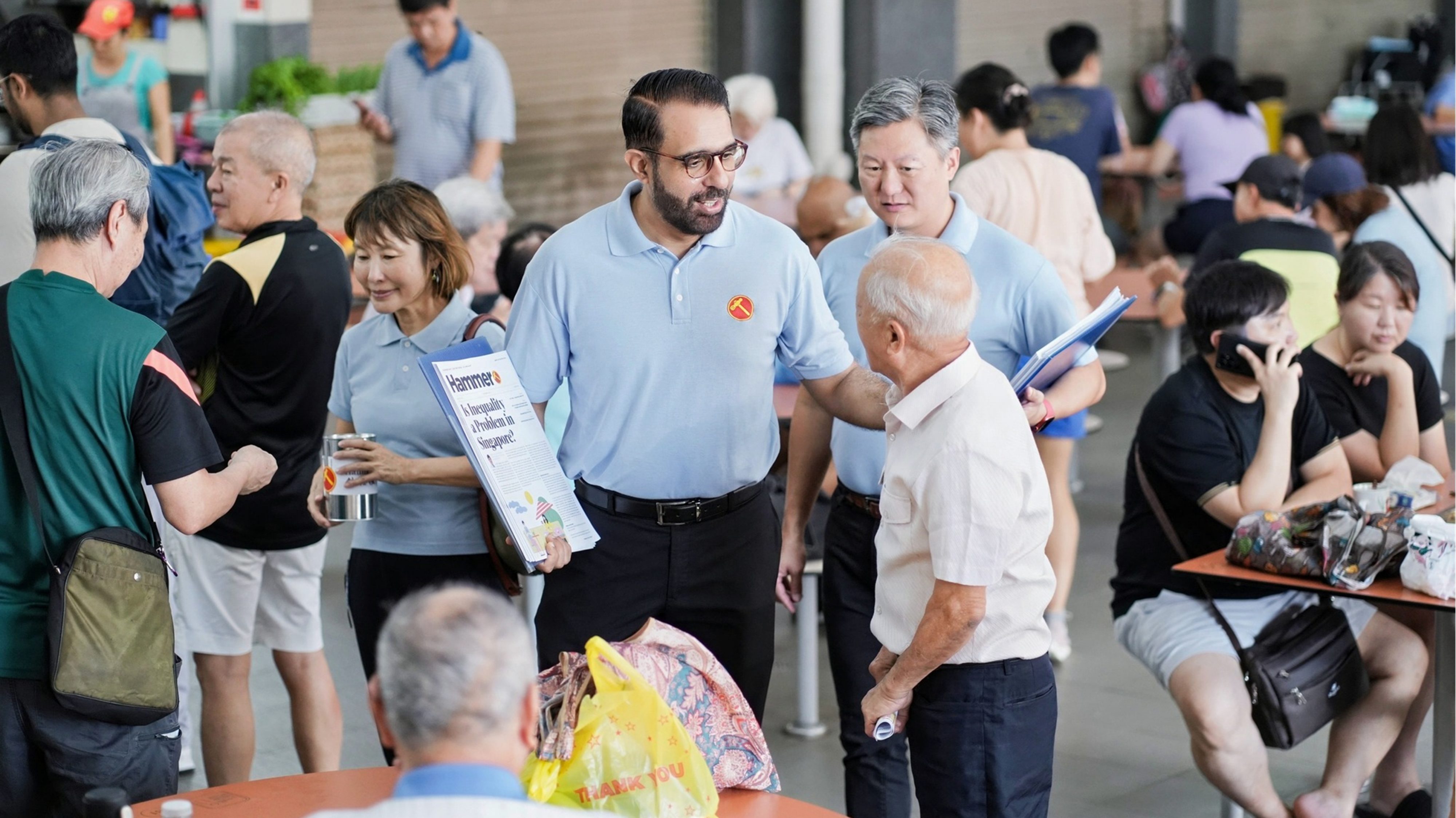SINGAPORE: Workers’ Party (WP) chief Pritam Singh has taken to social media to express his concerns over the recently released Electoral Boundaries Review Committee (EBRC) 2025 report, questioning the fairness of the boundary redrawing process, particularly in constituencies where the opposition has made significant gains in recent elections.
His comments come amid growing public debate over the upcoming elections and concerns about the fairness of the electoral system. The EBRC report, which is released ahead of every general election, plays a crucial role in reshaping the boundaries of constituencies, and its findings are closely scrutinized by both political parties and the public.
Critics of the latest report have raised doubts about the political motives behind the changes, airing concerns that the changes could further entrench the dominance of the PAP and reduce the ability of the opposition to maintain inroads into key constituencies.
Noting that the government’s explanation of “population growth” as the primary reason for the radical reconfiguration of electoral boundaries has raised eyebrows, Mr Singh asserted on Facebook that “boundaries are important, and the reasons that justify their changes, matters. A lot”.
He pointed to a remark former Prime Minister Lee Hsien Loong made during the Bukit Batok SMC by-election in 2016. Mr Lee, who is now Senior Minister, had suggested that the PAP’s Murali Pillai, who lost in the 2015 General Election, could have been a Member of Parliament had parts of the Aljunied GRC been drawn as an SMC.
Mr Singh noted this example to argue that the redrawing of boundaries and the results of individual precincts can be closely monitored, particularly when they influence the electoral fortunes of opposition candidates.
Mr Singh also raised questions about the fairness of the new boundaries, particularly those in the East Coast GRC, which has seen the transfer of several precincts from the former Marine Parade GRC. He suggested that the public should be given access to information on how these areas voted in the 2020 General Election to draw their own conclusions.
The WP leader emphasised the importance of fairness in the boundary-drawing process, noting that it plays a crucial role in fostering trust and social cohesion among Singaporeans and arguing that when fairness is questioned in fundamental matters such as political representation, the integrity of the system is undermined.
He warned, “Opaque institutions like the EBRC carry a real risk of being unwittingly divisive,” adding that this could weaken Singapore’s unity at a time when geopolitical shifts, potential external shocks, and demographic transitions present significant challenges.
Referring to the words of the Singapore pledge, the opposition party leader said, “All the latest version of the EBRC report does, is to show us how much further we have to go to build a democratic society, based on justice and equality.”
Calling for a more balanced and democratic political system, Mr Singh urged Singaporeans to press on in the fight for justice and equality.
“It can be done,” he stressed.

